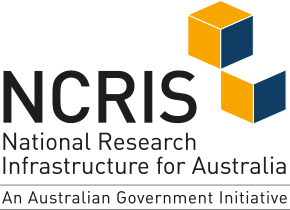Astronomy Australia Limited (AAL) is a non-profit organisation, whose members are Australian universities and research organisations with a significant astronomical research capability. We work with national observatories, relevant infrastructure providers, astronomers at universities, and the Australian Government to advance the infrastructure goals in the Australian Astronomy Decadal Plan 2016–2025, Australia in the era of global astronomy.
Australian astronomy is world leading and publicly valued.
Astronomy Australia Limited (AAL) will facilitate access for Australian-based astronomers to the best research infrastructure, encourage the sharing of astronomical technical capabilities to maximise their value to the nation, and inspire Australians with these astronomical achievements.

AAL is supported by the National Collaborative Research Infrastructure Strategy (NCRIS), which is an Australian Government program to deliver world class research facilities so that Australian researchers can solve complex problems both here in Australia and around the globe. NCRIS is an efficient and strategic way to invest in national scale research infrastructure, driving collaboration to bring economic, environmental, health and social benefits for Australia.